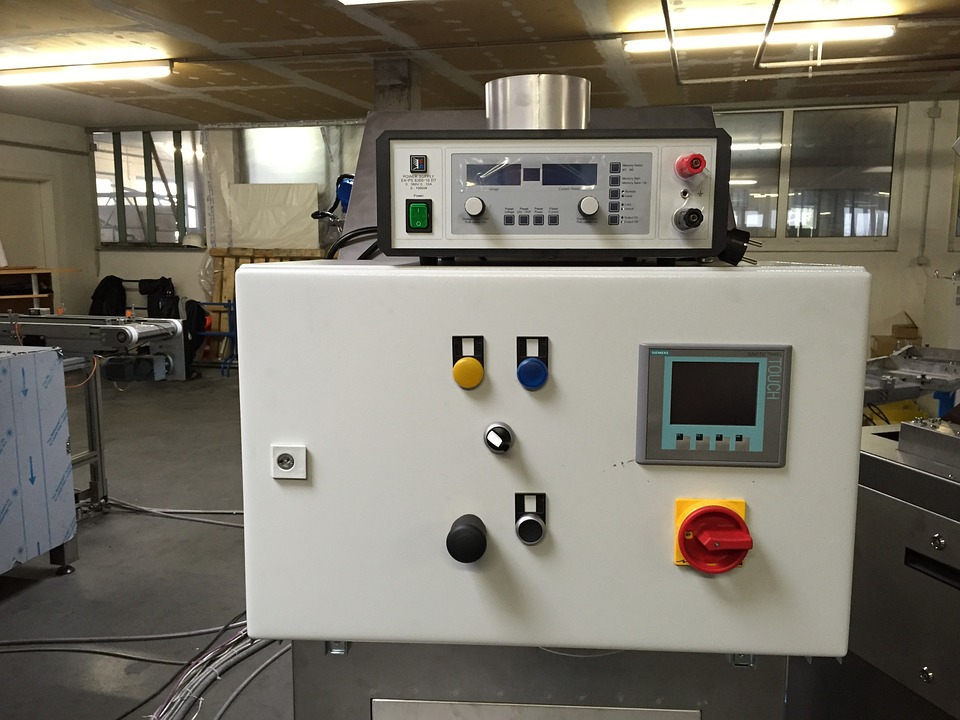Robots and automated machines may have been the stuff of science fiction in the past, but not anymore. Today, with leaps and bounds in the development of science and technology, machines that talk, walk, and pretty much do anything else are already a reality.

Understandably, not everybody is happy with these developments. While robots and automated machines, in general, are awe-inspiring especially in the eyes of young children, some people see these as a threat to job security.
However, rather than fear technology, experts challenge people to look at automation for its many positive benefits to humankind. Here are just some of the ways that automation will benefit people in the near future:
Many people will no longer have to undertake repetitive, manual labor
The advent of automated technologies in many industries such as manufacturing, logistics, and the like will make manual tasks once relegated to humans obsolete. Innovations such as assembly systems and motion solutions with precision linear stages, for instance, enable faster, more accurate and more efficient production of highly intricate products such as electronic components.
Such automation will definitely lead to loss of some jobs, but another way to look at it is that it will free up humans from menial work. This will allow and even encourage more time for tasks that are intellectual, analytical, or creative in nature. Besides, who has ever enjoyed punching hundreds of holes or assembling electronic circuits by the thousands?
As industry experts term it, there will be a massive shift from “doing” to “thinking” in the workplaces, businesses, and operations in the future. And this will have a big impact on how—and what—children study and prepare for in a school. Workers and employees will also be forced to assess skills sets themselves and be open to learning new ideas and information in order to adapt to the new technologies.
Many people will no longer have to expose themselves to occupational hazards
There is a long list of jobs that have great physical and psychosocial risks to humans. From nuclear plant workers and x-ray technicians to military personnel, law enforcers, and even nurses and doctors—millions of people are exposed to possible harm, injuries, or even death while performing their duties.
With the use of robots, many people will no longer need to subject themselves to occupational hazards and potential accidents on the job. Machines can be deployed to remote locations where no human can go, at least safely. Machines can also work under the extreme weather or environmental conditions and can maintain accuracy and efficiency even under strictly repetitive tasks.
Automation also completely eliminates the risk of human error, in situations ranging from manufacturing and quality control to delicate medical surgeries. In adverse situations, automation enables quick recovery and mitigation of damage.
Many people will be more free to seek loftier pursuits in life
It may sound philosophical, but it’s true—with more time on their hands’ thanks to automated tasks and processes, people will be able to enjoy more time to pursue leisure, recreation, and education. Thus, people can achieve greater well-being and quality of life. And with happier individuals, we can all look forward to more productive, engaging, and positive communities, societies and nations.
Employees and workers have long been touting the phrase “work-life balance” and how to achieve it. With the proper deployment and leverage of the latest technologies such as automation, this aspiration can very well come true.
There is a saying that the only thing inevitable in life is change, and thus the only way to cope is to accept change on our own terms. Automation is one of the most promising areas of innovation in science and technology in the 21st century, so be sure not to miss out on the many positive changes that will happen for you.



